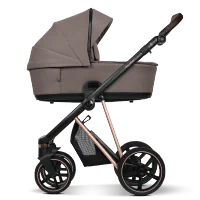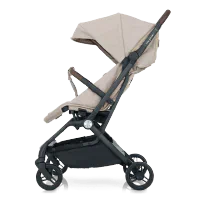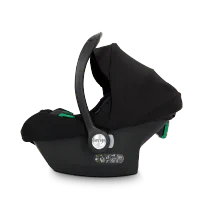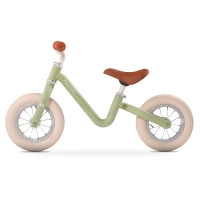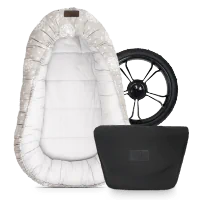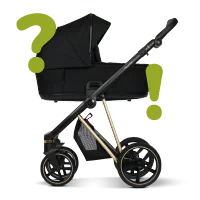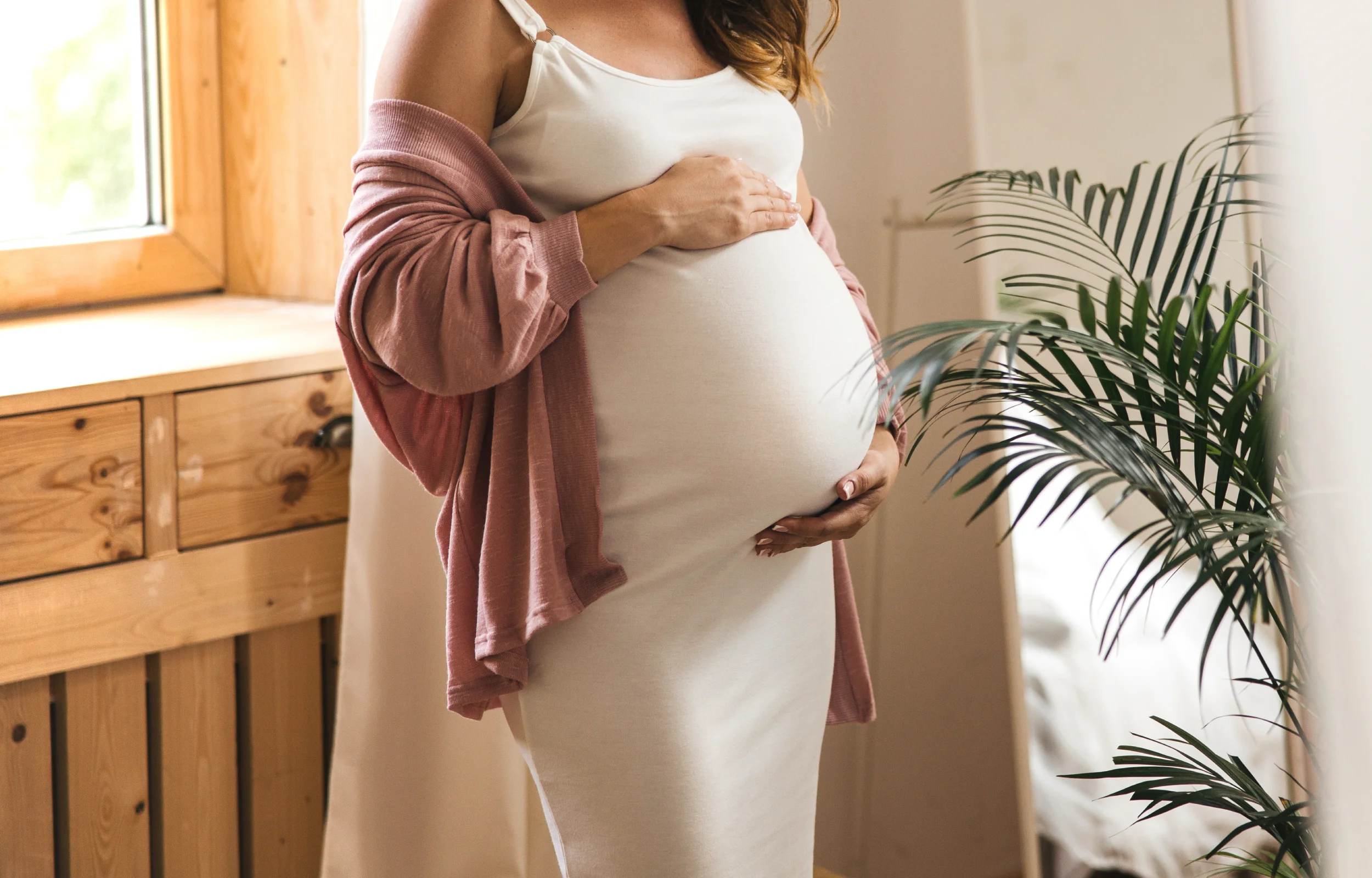
Welcome to the Seventh Week of Pregnancy
You are now in the middle of the second month of pregnancy, and thus in the first trimester. Your child is growing and developing rapidly during this phase.
You may be experiencing more intense pregnancy symptoms and noticing the signs of your pregnancy more clearly. Your body is increasingly adapting to your baby’s needs, while your baby is beginning to look more and more like a “real” baby and the growth is accelerating. This week, tiny arms and legs are developing, which is why this stage is affectionately called the “gummy bear stage.”
Let’s explore all the exciting developments of week 7 of pregnancy together and gather valuable tips for this special time, during which your body is working incredibly hard.
Week 7 of Pregnancy at a Glance
Your Baby:
- In the seventh week of pregnancy, your baby is about the size of a blueberry (approx. 5 mm crown-to-rump length).
- The heart beats about 150–180 times per minute – twice as fast as your own heartbeat.
- The most important organs such as lungs, liver, and kidneys are starting to develop, and the brain is maturing further.
- Facial features are becoming more distinct: beginnings of eyes, ears, and mouth are forming. Arms and legs are starting to take shape, and the hands still look like tiny paddles.
Your Body:
- The uterus continues to grow and may press on your bladder and intestines – frequent urination or digestive problems are possible.
- Hormones such as progesterone and hCG intensify typical symptoms like nausea, breast tenderness, and fatigue.
- Heightened sensitivity to smells, increased discharge, and cravings for certain foods may occur.
Good to know – for baby and mum:
- Pay attention to a balanced diet including folic acid, iron, and calcium (e.g. green leafy vegetables, lean meat, nuts, dairy products).
- Regular antenatal check-ups are important – often including blood tests to confirm your baby’s healthy development.
Baby’s Development in Week 7 of Pregnancy
The embryo now looks more like a tiny human rather than a tadpole. At around 5 mm in size, it resembles a pea.
The head is proportionally large, with eye sockets, nostrils, and mouth forming. The hands still look like small paddles, feet are not yet visible. The brain continues to develop, and the internal organs are already in place. Your baby is already moving, but still in an uncoordinated way.
The heart now beats about 150–180 times per minute – twice as fast as your own heartbeat.
Your Body in Week 7 of Pregnancy
The uterus continues to grow and may press on your bladder and bowel, which can cause frequent urination and digestive problems. Tiredness, nausea, sensitivity to smells and breast tenderness are typical. These symptoms usually disappear after the first trimester, but can last longer.
Cravings for certain foods often occur now. Have you already noticed any sudden hunger pangs? If you experience severe pain or very distressing symptoms, you should seek medical advice.
Tips for Week 7
Small, frequent meals help relieve discomfort. Avoid highly spiced and fatty foods, drink plenty of water and allow yourself some breaks. Make sure you eat a balanced diet with important nutrients.
Calculating Your Due Date in Week 7
The duration of pregnancy is calculated from the first day of your last period. Subtract three months, add seven days and add one year – this is your estimated due date. Even easier: use our due date calculator.
The 5 Most Common Questions About Week 7
Why do I feel so tired in week 7?
Progesterone, increased blood volume and metabolism create a strong need for rest. Emotional factors also play a role.
Is it normal to have such severe nausea in week 7?
Yes, hormonal changes – especially the rise in hCG – are the cause. Small meals, rest and fluids help. If the nausea is severe, seek medical advice.
Week 7: When will I have my first ultrasound?
Usually between the 8th and 12th week. It confirms the pregnancy, determines the age of the embryo and checks for multiples.
Should I already be taking pregnancy vitamins in week 7?
Yes, especially folic acid, iron and, if needed, vitamin D and omega-3. These complement a healthy diet.
What can I do about constant nausea in week 7?
Small meals, ginger, dry toast or crackers on an empty stomach, acupressure wristbands and plenty of rest can help. If nausea is severe, seek medical advice.

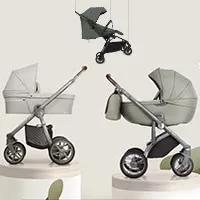 Pushchair
Pushchair 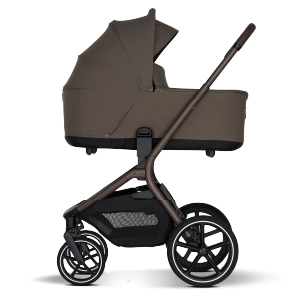 MAVI
MAVI 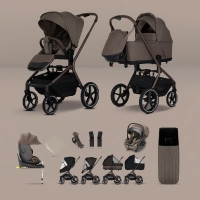 MAVI Bundle
MAVI Bundle 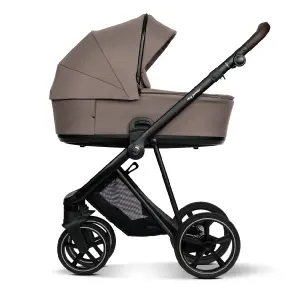 VIGO²
VIGO²  VITA unique³
VITA unique³ 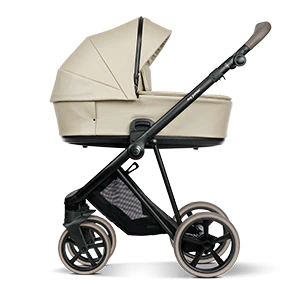 VIGO² Alcantara
VIGO² Alcantara 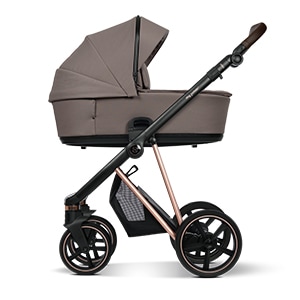 VIGO
VIGO 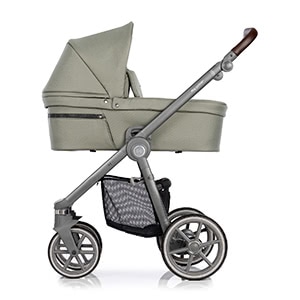 VITA HOPE
VITA HOPE 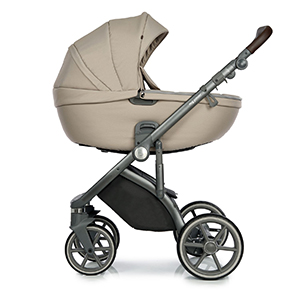 VITA unique²
VITA unique² 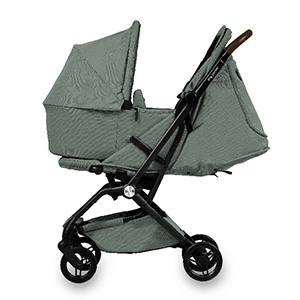 PICO³ with tub
PICO³ with tub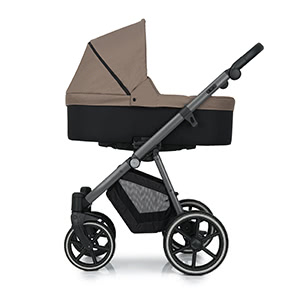 NOAX²
NOAX² 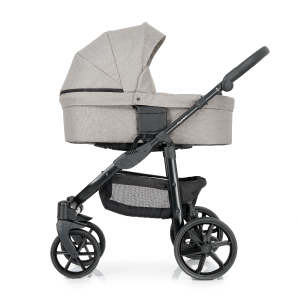 MIYO²
MIYO²  Pram tests
Pram tests  Consultation
Consultation  Buggies
Buggies 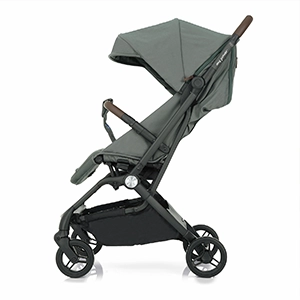 PICO³
PICO³ 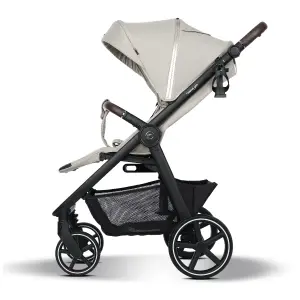 PLIA²
PLIA²  PLIA² Air
PLIA² Air 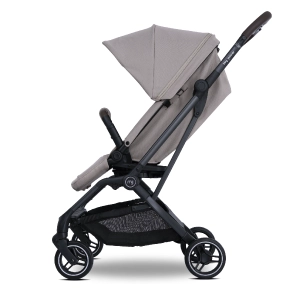 PICO³⁶⁰
PICO³⁶⁰ 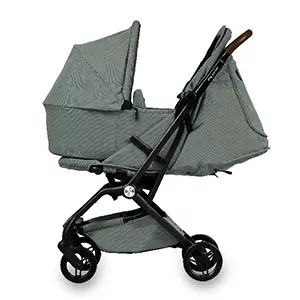 PICO³ with tub
PICO³ with tub  PICO tub
PICO tub 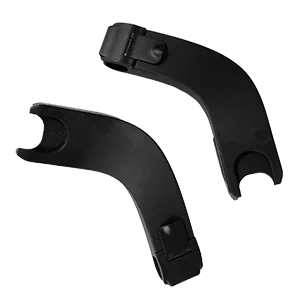 PICO infant car seat adapter
PICO infant car seat adapter  Limited Editions
Limited Editions 

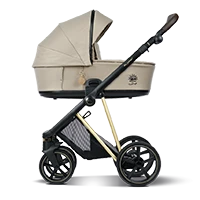
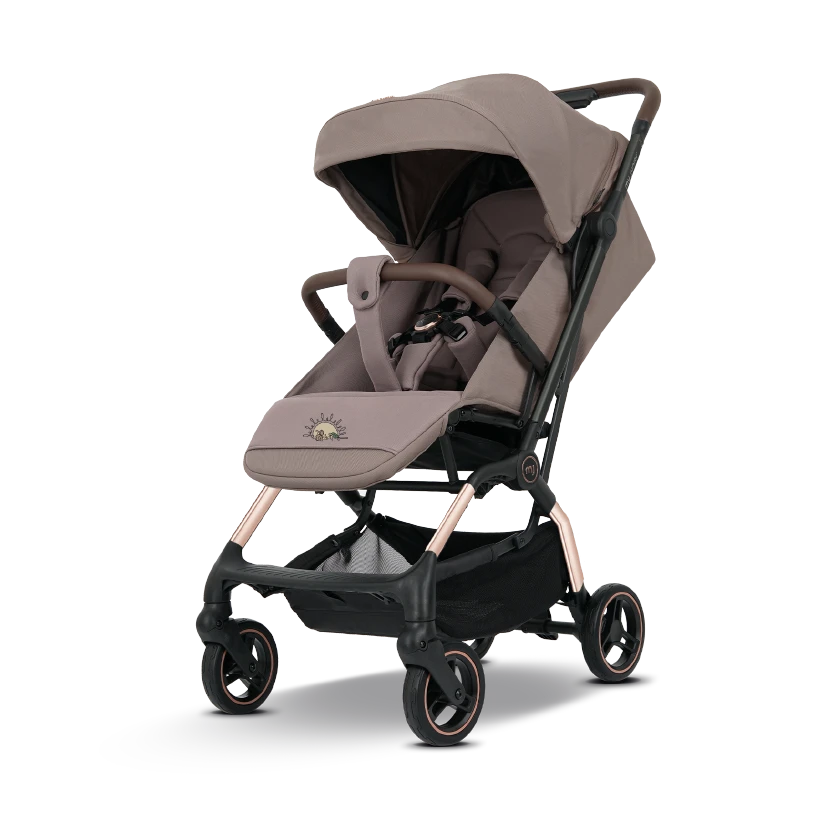



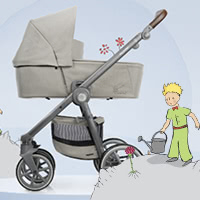
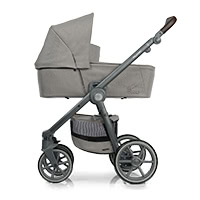

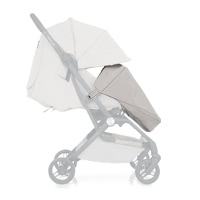

 Limited Edition Parasol
Limited Edition Parasol  Limited Edition Baby Carrier
Limited Edition Baby Carrier  Child seats
Child seats  All Isofix Bases
All Isofix Bases  AURAᵉʳᵍᵒ
AURAᵉʳᵍᵒ  Aura Pro
Aura Pro 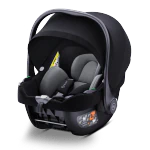 Beam
Beam 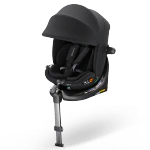 Cyro 360
Cyro 360 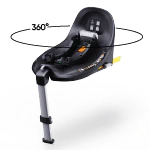 Base 360
Base 360 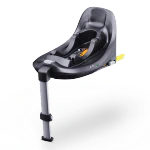 Base Static
Base Static 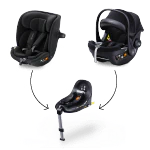 Capsule System
Bundle
Capsule System
Bundle  Beam Bundle
Beam Bundle 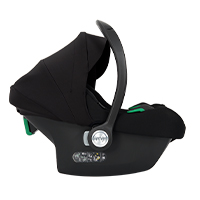 Avionaut Cosmo
Avionaut Cosmo 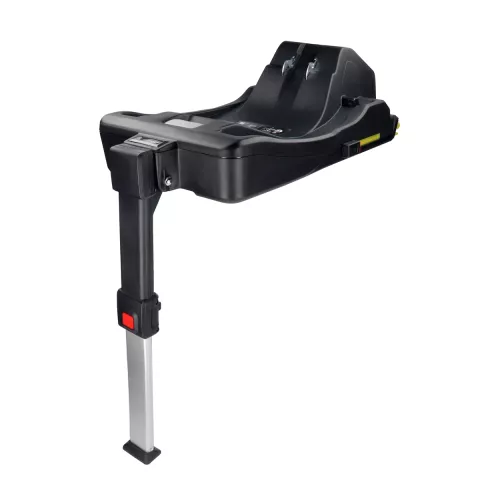
 Love Sale
Love Sale
 Reviews
Reviews  Read reviews
Read reviews  Write a review
Write a review 
 Home
Home  Fabric sample
Fabric sample  Baby carriers
Baby carriers  LUVA
LUVA  NAMI
NAMI  NAMI with ring
NAMI with ring  Accessories
Accessories  Vouchers
Vouchers  Discover my junior®
Discover my junior®  About us
About us  In your vicinity
In your vicinity  All my junior
All my junior Flagship Store
Aachen
Flagship Store
Aachen  Flagship Store
Hamburg
Flagship Store
Hamburg  Flagship Store
Salzburg
Flagship Store
Salzburg  Flagship Store Binzen
Flagship Store Binzen
 Flagship Store
Krefeld
Flagship Store
Krefeld  Studio Cologne
Studio Cologne  Studio Trier
Studio Trier  Studio Braunschweig
Studio Braunschweig
 Studio Metzingen
Studio Metzingen
 my junior® pram in
Switzerland
my junior® pram in
Switzerland  Help and Contact
Help and Contact  Useful
Useful  Career
Career  Press
Press 


